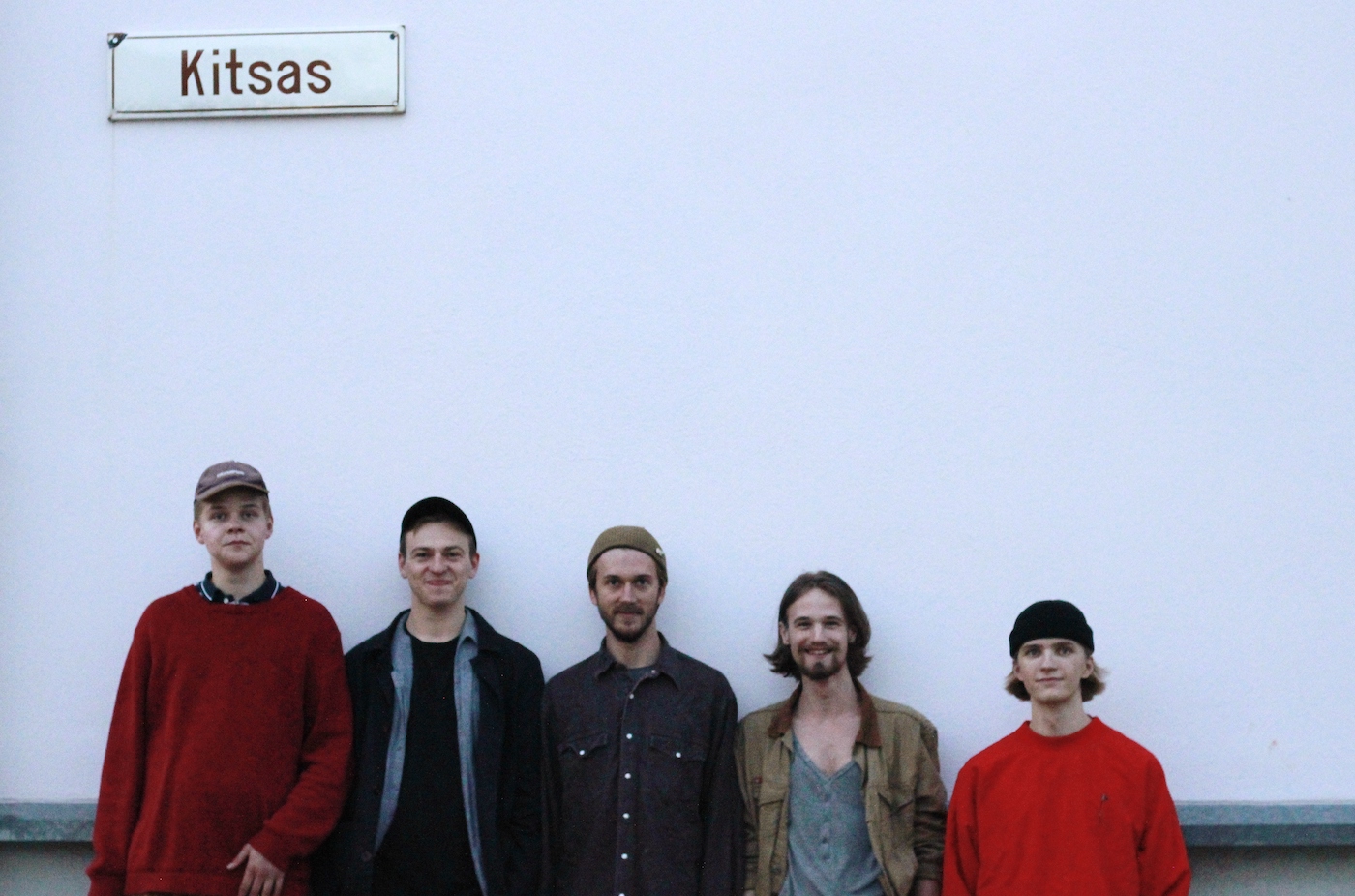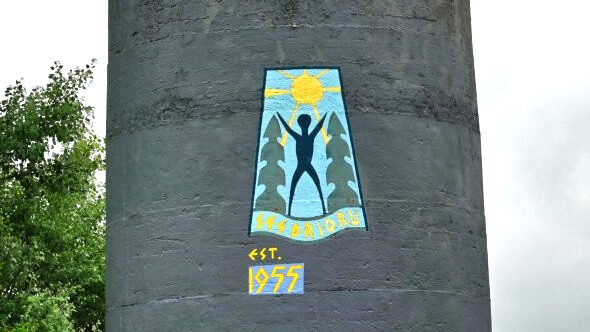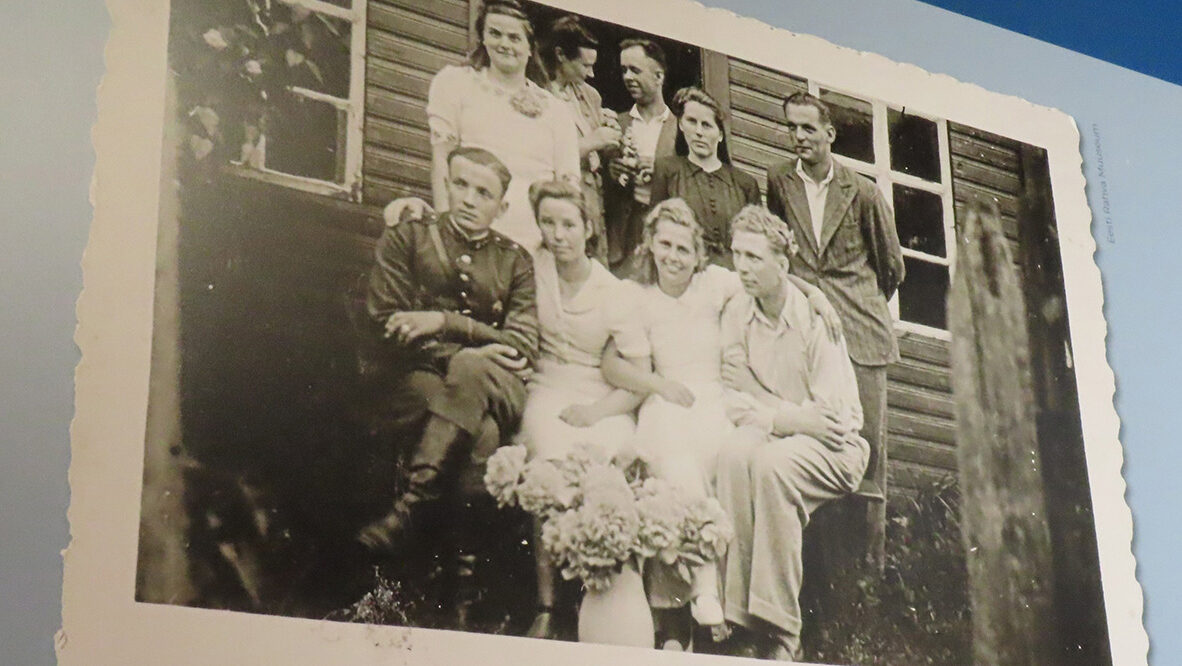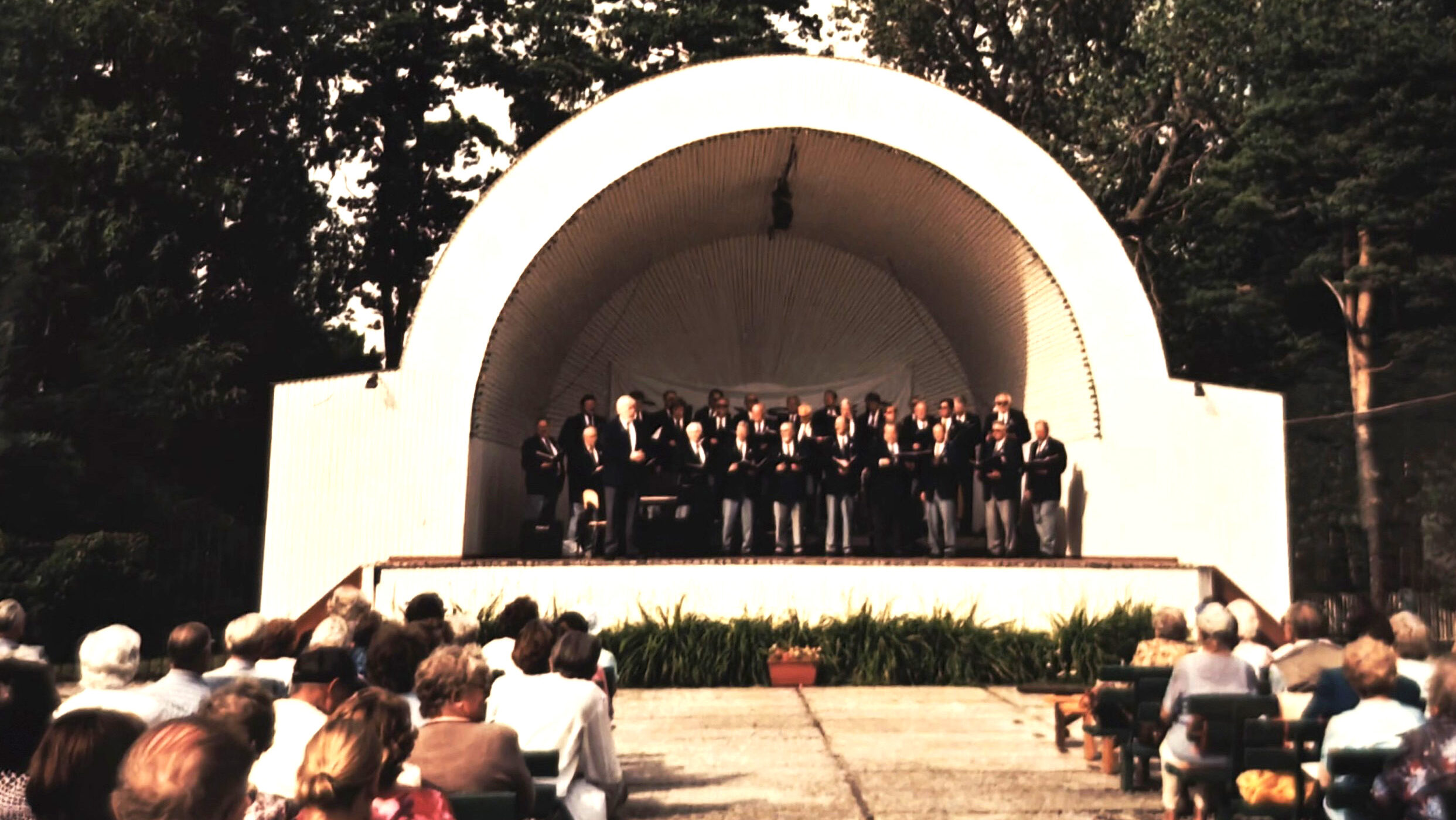The initial three members of this folk rock band—Alden, singer and pianist Villem Suits, and flautist Siim Sõmer—have long been a part of each other's lives. At five years old, when Alden moved with his mother and sisters to Estonia from Toronto, Siim's mother was their babysitter. Siim's mother then introduced Alden and his family to many other families, one of which was Villem's.
These families had rich musical traditions: Siim's parents are guitar and piano teachers, for instance. Siim and Villem acquired an interest in Irish instrumental folk music from their respective parents, which was then passed onto Alden by Villem. Together, Alden explained to me, the trio represented “the next generation” of musicians within their families.
The band started to play together informally, stirred by Irish folk music's intense, structured melodies that “pet the ear”, in the sense that they're pleasant and easy on our senses. The use of this saying, which could be taken directly from “silitab kõrva” added to my curiosity about Alden's identity as a musician in Estonia. Is he considered Canadian by his peers? While his place of birth and name warrant some interest, he is Estonian through and through. He sings in English without an Estonian accent, but at the same time, he apologizes for his “rusty” English.
As an actor and student at the Estonian Academy of Music and Theatre, Alden was compelled at one point to make reference to a Chekhov play in one of their songs. Powerful literary ideas channel their way into their song lyrics.
Still, as a band that has been winning the hearts of young Estonians, there are plenty of outside influences in the music of The Crosslegs. The members of the band are unanimously appreciative of English singer-songwriter and actor Johnny Flynn and the rowdy folk punk of The Pogues. As an actor and student at the Estonian Academy of Music and Theatre, Alden was compelled at one point to make reference to a Chekhov play in one of their songs. Powerful literary ideas channel their way into their song lyrics.
Either Villem or Alden will sing, but as soon as any band mate expresses themselves through lyrics on paper, it is left alone as something sacred. In this assembly of songs, there is great respect for the craft of every member of the band. They are equals. And while they are open about this process, the band refrains from being too direct in their delivery of lyrics, as pop songwriters would do. They are true to the tradition of poetry.
The origin of their band name is not derived from the dictionary or a single from their favourite band. While the stock of available band names continues to dwindle, “The Crosslegs” appeared in Villem's head while riding on a bus one day in Tartu; saved up for the occasion in 2016 when he would ask his friends whether they wanted to take their informal teenage band to the next level. Following the choice of name, they would perform and pose for promotional photos with their legs crossed.
When the band played what was supposed to be their final show just over two years ago, they were overwhelmed by immense feelings of awe and surprise. Given one last chance to “do something different” as Alden put it, they recruited bassist Vidrik Toom Tabas, playing to a cheering, packed-solid room at Tartu's Genialistide Klubi. Their rollicking songs and regular shows at venues like Naiiv had grown a devoted following in their hometown of Tartu. This was something that they knew they couldn't ignore. When they returned as a band, Karl Valkna joined them on drums, rounding out their rhythm section.
Now, The Crosslegs find themselves facing up to 12 other semi-finalists in the annual Noortebänd competition. It's a time when all five musicians who make up the band are rotating through feelings of gratitude and nerves. Should they make it to the finals, producers, festival and venue booking agents, and record label executives will be there in the audience to take note of them.
Regardless of what the result of the competition is, The Crosslegs plan to record and release an EP and potentially an album within the next year. Their ambition is to first reach out to new listeners throughout Estonia, then across Europe, and beyond.
For updates on their progress, follow them on Instagram and Facebook. Also follow the Noortebänd Facebook page to keep tabs on competition performance videos and results. As EMW looks toward the next generation of musicians, we love to follow the journey of young bands like The Crosslegs.




